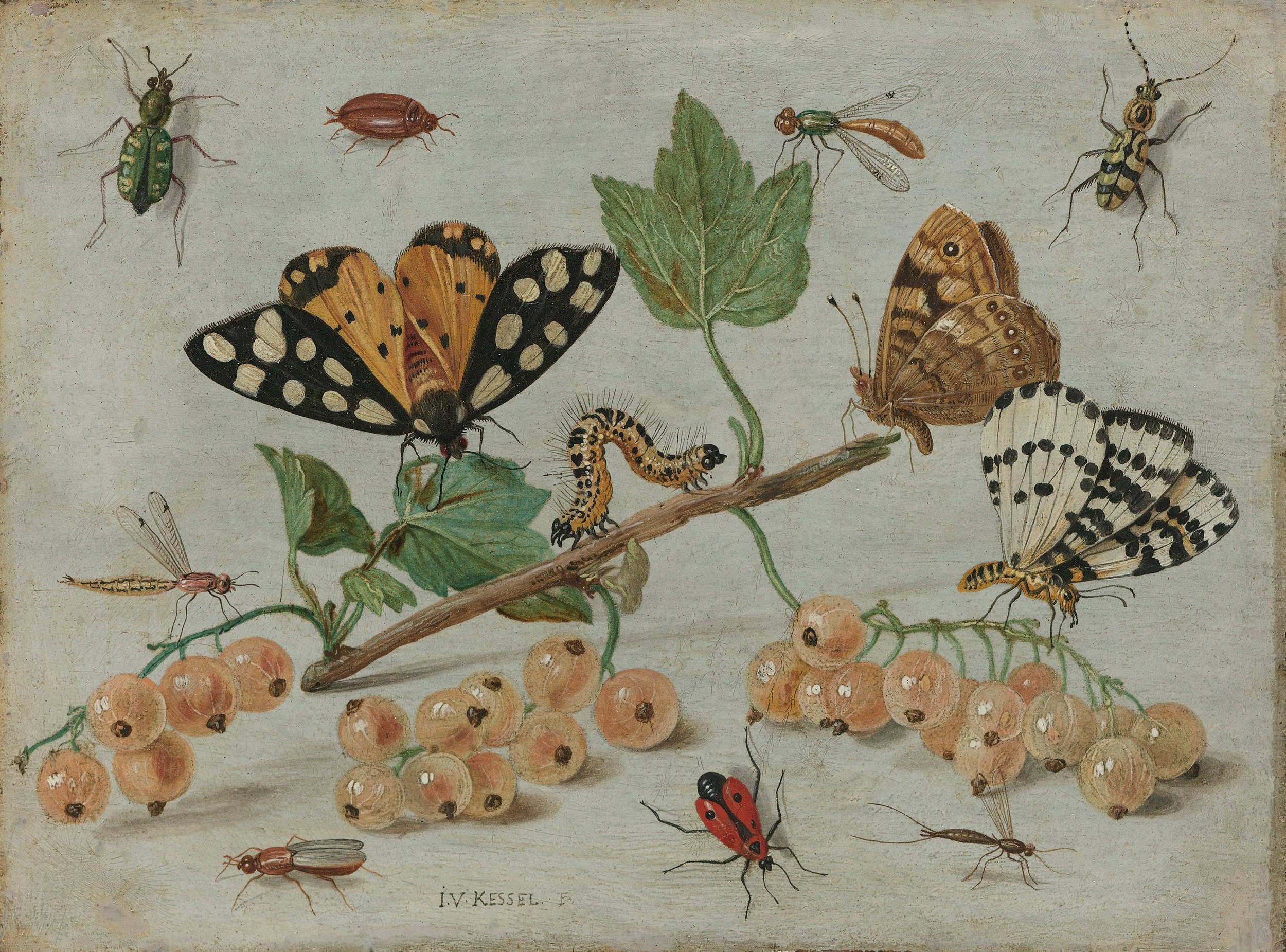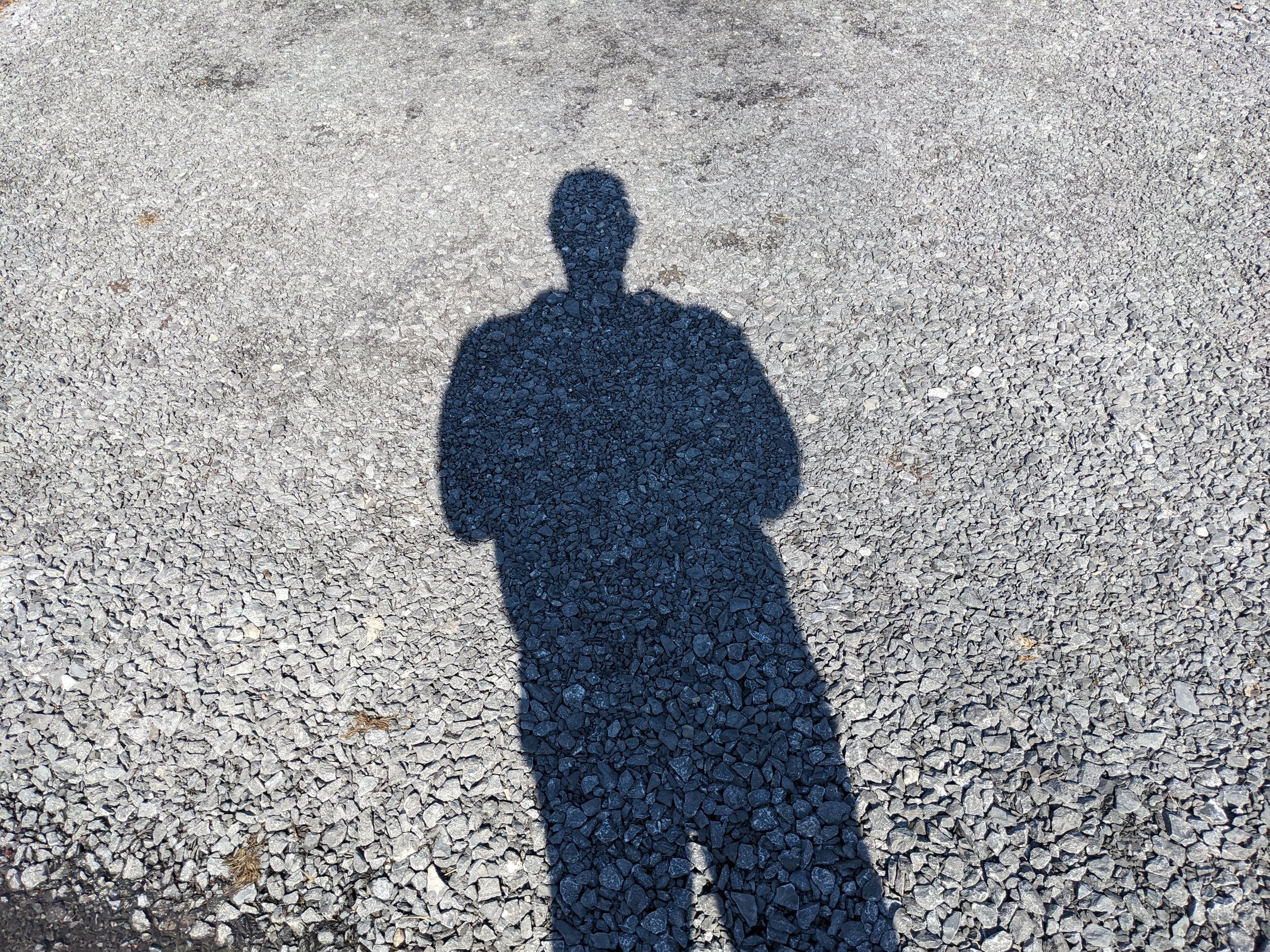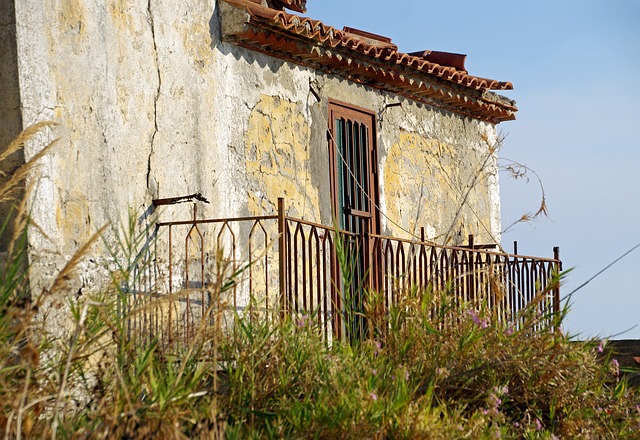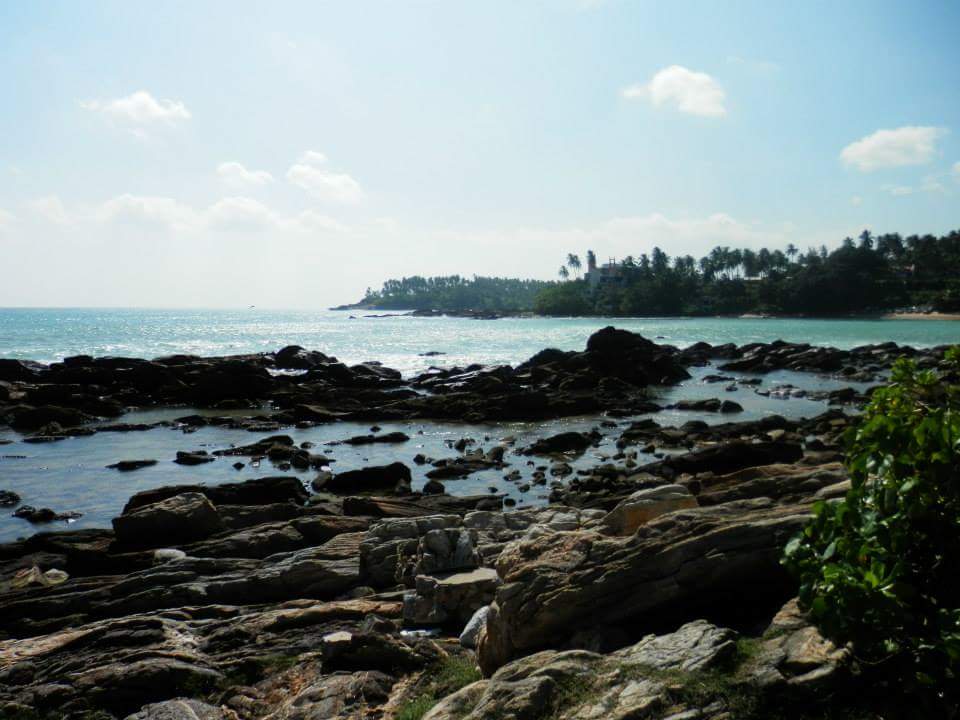Trastienda

TRASTIENDA
Spanish, noun.
A storage room in the back of a business.
Each person has a trastienda within them: a place my Cuban mother described whereby secrets thrill the day and deepen the night. No one's trastiendas were more airtight than my father's.
My mother never knew my father was a spy in Latin America during the 1950s. That secret was almost assuredly in the grave with him until I did some research discovering his life in espionage. That discovery was like an infinite hall of reflections – trastiendas upon trastiendas as far as the eye could see.
If my father dared to confess his trastiendas, he would do so in a letter. Email was in the offing and my father hated to talk on the phone. One summer when I lived in New York City, my father, back in our hometown of Hartford, Connecticut, began to write me letters. One of the letters arrived in a thick and heavily taped envelope, indicating this was beyond the usual old-fashioned tips for getting over boys who had wronged me, and stories of my mother’s epic temper tantrums in which she railed that he was a feeble, old man. I thought about my father’s growing desperation to leave my mother. I wondered if this was the letter in which he would say he had asked her for a divorce.
Or perhaps the letter was connected to his health, as it had begun to deteriorate that summer. I first noticed something was wrong with his handwriting; his tall, stalwart letters once so commanding on the page had become crabbed and crowded. “Get off my back,” he said, waving off anyone who pointed out his symptoms.
The same day I received the letter, my father left a message on my answering machine, ordering me to burn it. This strange, unexpected order frightened me, convincing me that I did not want to know what was in that letter. His voice was firm, but I could hear the underlying panic; the kind he used when he would come home from work, take me aside in a whisper: “What kind of mood is your mother in?”
Within a few hours of receiving my father’s troubling message, I held the letter up to the fluorescent light of my dorm room, flicking a lighter in the other hand. I moved the lighter closer until the blue-rimmed orange flame caught a corner of the envelope. From there, the fire spread quickly. I threw my father’s letter into my dented metal garbage can and watched it curl into ash. Only the raised bald-eagle stamp remained distinct and resolute until the end.
My father’s health continued to decline; as he slowly disappeared he dismissed our concerns until we stopped acknowledging his shaky hands and shuffling walk. He had Parkinson’s disease, a trastienda he tried and failed to keep from us.
After my father died, I went on an extended treasure hunt in my childhood home. I rifled through his closet searching for more of those rare trastiendas. Had he left behind a diary or other letters? Were there pictures to unearth from his time in Latin America? My father was careful not to be a character in his own life. The only fact I learned about my father posthumously was from his best friend who said that he and my father served together in Guatemala.
There is a Jewish saying that posits a dream that goes uninterpreted is like an unopened letter from God. God’s letter, after all, must contain some of the secrets of the universe. But sometimes it’s wise to sit on those divine trastiendas for a while. I never told my family about the letter my father told me to burn, or the fact I burned it. I wonder some days if I should have kept it, tucked it away until after my father’s death and read it to further demystify my father’s presence. But there was something so alluring about singeing that letter as my father had ordered. My father’s legacy was an inheritance of secrets, yet only one was mine to keep.
ABOUT THE AUTHOR
Judy Bolton-Fasman writes creative non-fiction and has just completed a book called “Asylum Avenue: A Memoir.” Judy’s work has been published in Brevity, Lunch Ticket, Tiferet Magazine, Cognoscenti, 1966: A Journal of Creative Non-Fiction, The Tahoma Literary Review and other venues. She lives outside of Boston with her family.
Header photo by Alexandra Guerson










